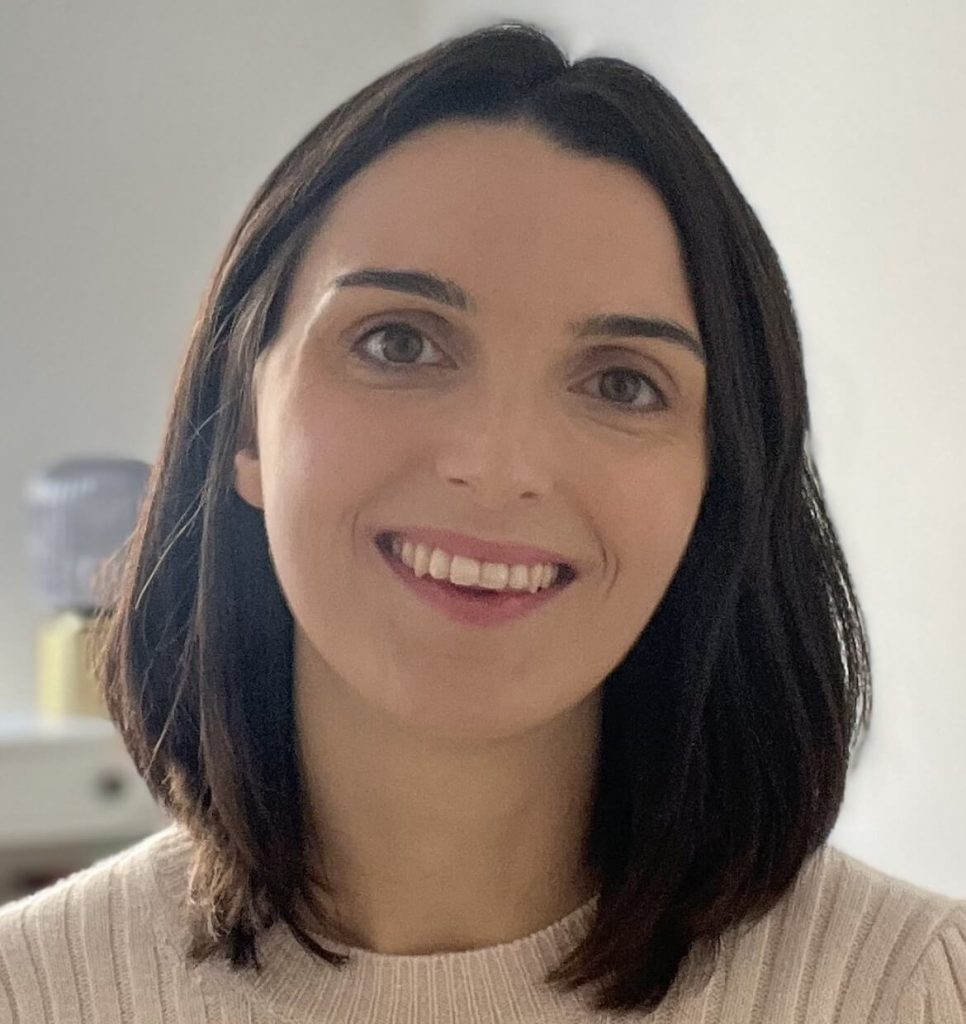Maladaptive Thinking
In brief terms, Cognitive Behavioral therapy (CBT) focuses on the client’s patterns of thought. In CBT we work together to identify thinking habits that are “maladaptive” to the client’s wellbeing, and most often are erroneous or focuses on some aspects of experience, while overlooking others. We all engage in many different “errors of thinking”, and in doing so, color how we see the world. Therapy researchers have identified many of these errors, such as:
- Catastrophizing (a habit of maximizing the importance of bad things)
- Over Generalizing (experiencing negative experiences as proof that it will always be bad)
- Black and White thinking (all Danes are mean and unwelcoming)
- Mind Reading (being certain we know what the person is thinking, or why they did what they did)
- Emotional Reasoning (when we feel something is true it seems more true, independent of reality)
- Perfectionistic Thinking (if I am not perfect, then I am no good)
- Personalization (taking things too personally, or accepting blame when it is not ours)
We all engage in these, sometimes more, sometimes less. When they become habits, they can become a central feature of depression, anxiety, low self-esteem, and difficult relationships. Often people have very good reasons for their negative and maladaptive habits of thinking. You may have learned these habits as ways of being safe in the world.
Knowing Is Half The Battle
In Cognitive Behavioral Therapy, the first step is to identify the habits of thought through paying attention to real-life examples. In this first portion, we ask the client to keep a diary of such habits of thought, to identify and name them, to get to know the errors first-hand. During a period of a few weeks, the client can become very proficient in noticing, identifying, and thinking through each of them. Paying attention to the circumstances that give rise to the negative and often self-defeating habit, and how these thought-patterns make us feel and act in the world, can be a very powerful experience.
Once the client gets to a point of recognizing the thinking patterns as they happen, they can begin to practice challenging them, to find better ways of figuring out what is really going on. They can also begin to practice alternative ways of reacting. Acting differently from how you normally would in a given situation, can be a very useful way of challenging your convictions.
I hope the above gives you a little more information about how CBT can be useful in your life. You can read much more about this approach online (search for Cognitive Behavioral Therapy). I will also offer some links to more information and tools below.
Apps and Links
A list with more explanation of ten of the most common thinking errors, from Psychology Today.
What is Cognitive Behavioral Therapy, by the American Psychological Association (APA).
When it comes to Applications for your smartphone, there are several that are pretty good, but to give a recommendation for help with tracking thoughts, you might try out an App called CBT Thought Diary. It appears to be available for both Android and Apple.
























